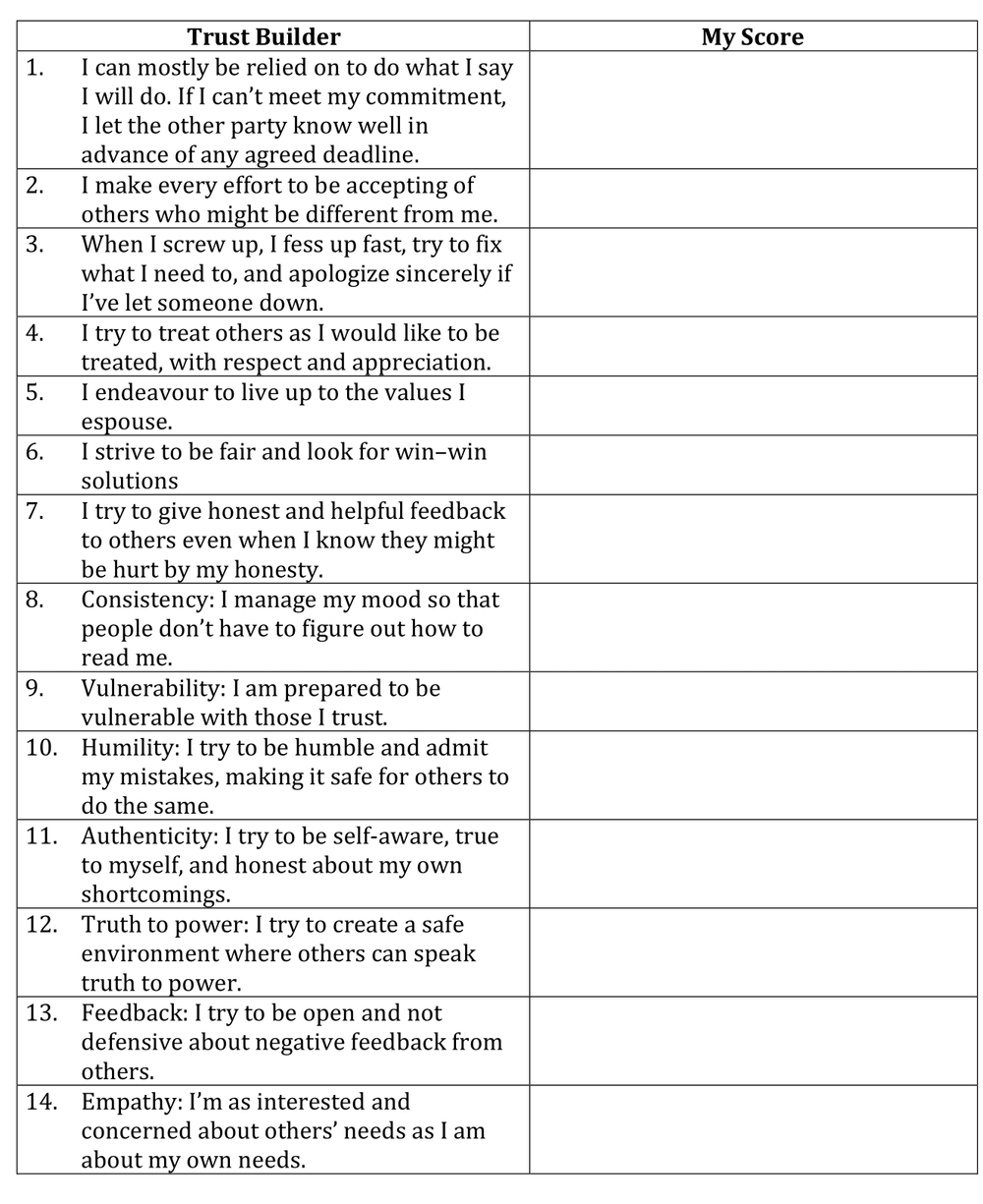

Trust Leaders

Low Trust: Why Leaders So Often Fail to Deliver Results
We all have opportunities to lead, be it as teachers, parents, spouses, coaches, or the head of a not-for-profit or major corporation. The size of the leadership opportunity and your impact varies depending on the scope of the role and your level of authority. We all get multiple chances to lead and make our voices heard as we journey through life, even if nobody reports to us.
Through this series of leadership posts, we will dive into and benchmark ourselves against both good and bad examples of leadership. Our aim should be to want to be the best leaders we can be.
This post on building and sustaining trust is an essential characteristic for effective leadership. It’s true what they say: if you cannot build trust as a leader, no one will follow you.
On the world stage, the villain of the hour, someone who has committed an unforgivable breach of trust, is Vladimir Putin. One must also question the poor judgement and trust of all the European leaders who made deals with him over oil and gas supplies when there was already plenty of evidence that he was not to be trusted. One only needed to look at his repression and poisoning of his critics like Navalny. Less egregious perhaps would be Boris Johnson’s breach of his own COVID-19 rules, which by comparison is not that serious. It was his continued denials after he was caught that would lead one to question how trustworthy he is as a leader.
On a more mundane level, I’m reminded of some of the bosses I’ve worked with. They provided good examples of people who earned no trust on the one hand and others who had my complete trust on the other.
In my first job as a social worker after graduating from university, I reported to a Mr. Ball, the district welfare officer. He wasn’t a bad man, and he was polite in my interactions with him. One day, however, I discovered how he really felt about me. He was told by the provincial welfare officer, to whom he reported, that he needed to share with me what he’d written on my annual review. Belatedly, through the grapevine, I learned that Mr. Ball had described me to higher authorities in the government as being “casual in dress and appearance.” No explanation as to why this was not good. No mention made as to my skills as a caseworker, which I thought after all was what the job was all about. I saw this man as someone who most definitely did not have my back and was very much “old school”—not someone I wanted to follow. This one incident made it clear to me why I didn’t see myself pursuing a career in government in a department that was supposedly people centric and “doing good.”
In sharp contrast to my stint as a social worker was my first job in the music industry. I was fortunate enough to find myself working with a high-trust boss, David Fine. David, the CEO of the Gallo Group, owned three music companies that dominated the South African music industry. I ran one of those three companies, a joint venture with Gallo and Polygram, one of the five major music companies worldwide.
David’s trust in me meant that he gave me lots of space to make my own decisions, and mistakes, as I got to understand the job. He made suggestion but did not try to dictate. He was an excellent listener, and we were comfortable with each other socially. His trust in me meant that I was committed to reciprocating his confidence in me and never letting him down. After David left for a promotion to CEO of Polygram UK and ultimately Polygram worldwide, a new boss took his place. Right from the get-go, his replacement’s leadership style couldn’t be more different from David’s trust-based and collaborative approach. The new guy’s style was, in DISC language, “high D.” In his words and actions, he wanted me to know right away that he was the boss. There was very low trust both ways, and not surprisingly I left within 6 months of his taking over.
Trust and a company’s culture go hand in glove. It’s hard to build long-lasting trust, but it takes just a few breaches to screw things up. There are many things you can do to build trust—too many in fact to cover in one post. For now, I’m going to comment on four “trust breakers” that in my experience are all too common in business. Then, I’ll share a comprehensive Trust Factor Self-Evaluation cheat sheet (including these four trust breakers). It’ll help you identify the ways in which you sometimes come up short and where there’s room to build more trust by changing the way you behave and interact with others.
4 Common Trust Breakers in Business
Here are the four things that, in my experience, happen all too frequently in business relationships and quickly kill trust:
1) Not accepting others and their differences
The one thing I took away from my university training as a social worker was that you could not help anyone if there was no acceptance of others, warts and all.
2) A failure to do what you say you will do
Regrettably, this happens all too frequently and is a sure way to breach trust. You may not be able to do what you say you will do because of conflicting priorities. But when you repeatedly don’t follow through, and your promises to change come up short, it’s easy to see why this is so damaging to trust.
3) When you screw up, fess up fast
When things go wrong, people who engender low trust will blame others, defer, delay, and deflect. We all screw up from time to time. When we do, we need to “fess up” fast, sincerely apologize, and fix the problem ASAP to restore trust.
4) Do as I say, not as I do
Not living up to the values you have personally espoused as the leader will earn you the title of untrustworthy hypocrite.
The Trust Factor Self-Evaluation
Score your trust factor on a scale of 1-10 (with 10 being the highest trust factor possible).

Subscribe to The Rooney Rambles
Thanks for signing up!
I respect your privacy. Your personal information will never be shared with a third party.